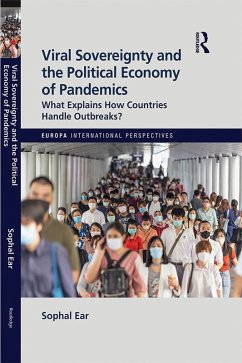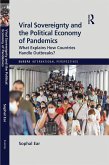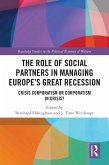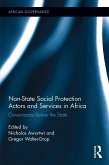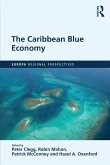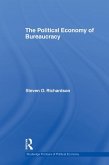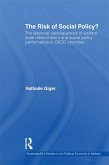Over the past few decades a number of emerging infectious diseases (EIDs) have disrupted societies throughout the world, including HIV, Ebola, H5N1 (or ''avian flu'') and SARS, and of course the coronavirus disease (COVID-19) which spread worldwide to become a global pandemic. As well as EIDs, countries and regions also contend with endemic diseases, such as malaria. There are many factors that have contributed to the rise in, and spread of, EIDs and other diseases, including overpopulation, rapid urbanization, environmental degradation, and antibiotic resistance. Political and cultural responses to disease can greatly affect their spread. The global community needs to defend itself against disease threats: one weak link is enough to start a chain reaction that results in a global pandemic such as COVID-19. Some states take a nationalistic approach towards combating disease; however, international cooperation and meaningful ''viral sovereignty''-empowering countries to create effective health institutions and surveillance systems in order to contain disease-must be considered.
This volume, with a focus on Southeast Asia, Africa and North America, considers the intersection between disease, politics, science, and culture in the global battle against pandemics, making use of case studies and interviews to examine the ways in which governments and regions handle outbreaks and pandemics.
Dieser Download kann aus rechtlichen Gründen nur mit Rechnungsadresse in A, B, BG, CY, CZ, D, DK, EW, E, FIN, F, GR, HR, H, IRL, I, LT, L, LR, M, NL, PL, P, R, S, SLO, SK ausgeliefert werden.

